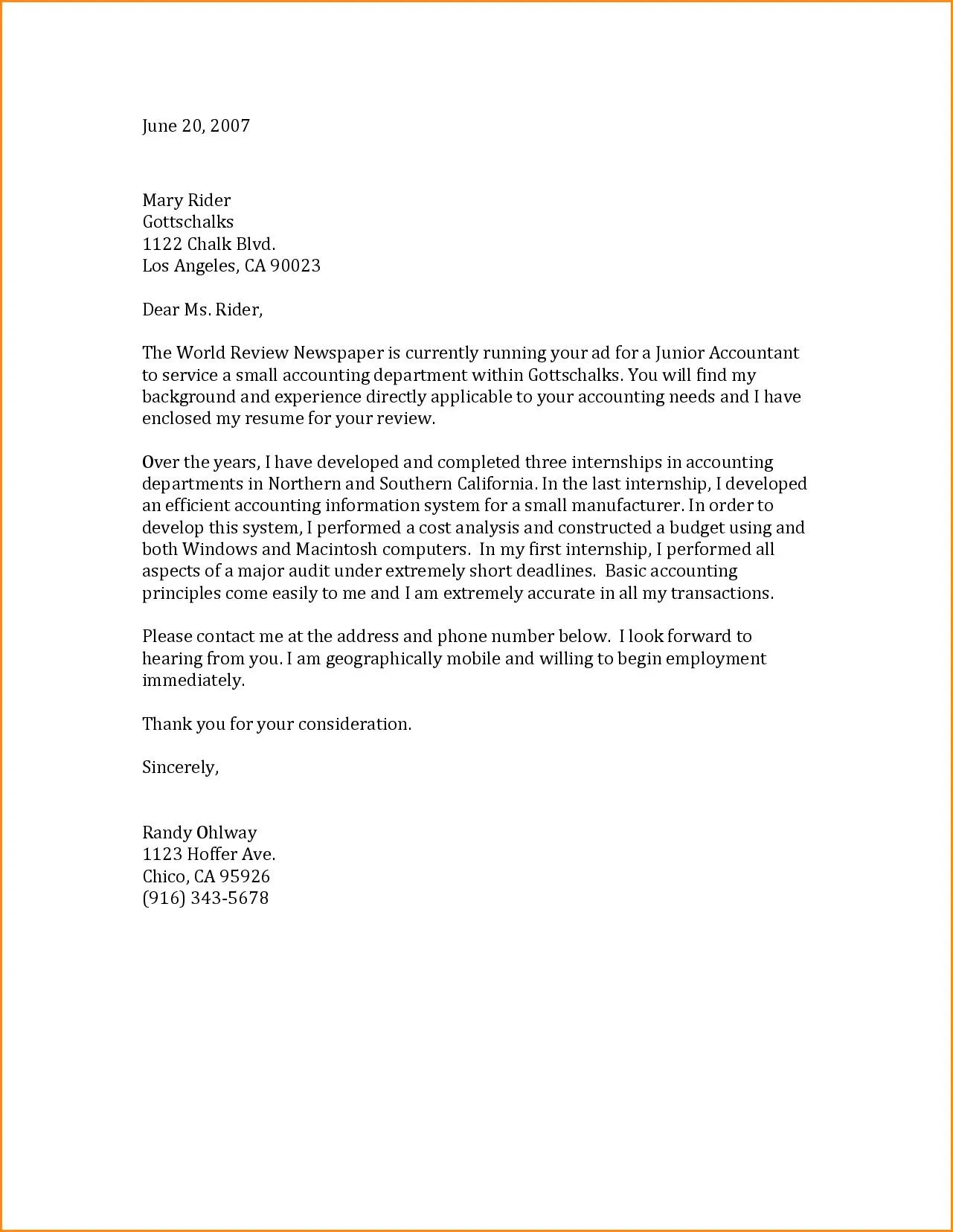Highlight Your Skills
A compelling cover letter is your first opportunity to impress a potential employer, and when you lack direct experience as a Forensic Science Technician, it’s crucial to emphasize the skills you do possess. Start by identifying your most relevant abilities, even if they were gained in different contexts. Think about the core competencies needed in forensic science. These often include meticulous attention to detail, strong analytical skills, the ability to follow procedures precisely, and effective communication. If you’ve volunteered in a related field, taken relevant coursework, or completed projects that demonstrate these skills, make sure to highlight them prominently. Even seemingly unrelated experiences can showcase abilities that translate well to forensic science. For example, experience in a laboratory setting, handling sensitive information, or working in a team environment are all highly valuable.
Emphasize Transferable Skills
Since you may not have direct experience in a forensic science lab, focus on the skills you’ve acquired in previous jobs, academic pursuits, or volunteer work that are transferable to the role of a Forensic Science Technician. Consider skills like data analysis, report writing, critical thinking, and problem-solving. These skills are essential to forensic science and will greatly enhance your cover letter. Elaborate on how you’ve applied these skills in past experiences. For instance, if you have experience in data entry, highlight how this has improved your attention to detail and your ability to manage large amounts of information accurately. If you’ve taken courses involving lab techniques or scientific principles, be sure to include this. Illustrate, through specific examples, how you’ve used these abilities to achieve positive outcomes. Transferable skills can provide a strong foundation for the requirements of a forensic science technician.
Research the Employer
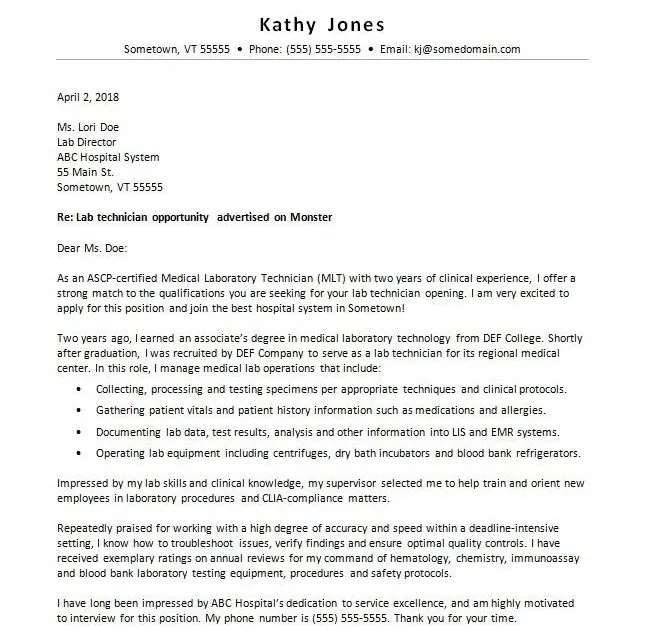
Before you begin writing, conduct thorough research on the specific forensic science laboratory or organization to which you’re applying. Understanding their mission, the types of cases they handle, and the specific skills they value will allow you to tailor your cover letter to their needs. Examine their website, read recent news articles about the lab, and explore their social media presence. This research will help you to identify key requirements and align your skills with the organization’s goals. Tailoring your letter shows the employer that you are genuinely interested in the position and have taken the initiative to understand their work. Personalize your cover letter by addressing the hiring manager by name if possible. Mention specific projects or aspects of the lab’s work that resonate with you. Demonstrating knowledge of the organization can significantly increase your chances of making a positive impression.
Tailor Your Cover Letter
Generic cover letters are easily spotted and often discarded. Customizing your cover letter for each job application is essential. Use the job description as your guide to understand the specific requirements and skills the employer is looking for. Highlight how your qualifications align with these requirements. If the job description emphasizes attention to detail, provide concrete examples of how you’ve demonstrated this skill in the past. If the employer mentions proficiency in specific software or techniques, make sure to include them in your letter. Ensure that your letter reflects a clear understanding of the role and how you can contribute to the organization. Tailoring also involves adjusting the tone and language of your letter to fit the organization’s culture. Use keywords from the job description and showcase how your skills and experience match the role and the employer’s needs.
Showcase Your Passion
Expressing your passion for forensic science is a powerful way to compensate for a lack of direct experience. Explain why you are drawn to this field and what motivates you. Your enthusiasm can set you apart from other candidates, as it demonstrates your commitment and willingness to learn. Share any personal experiences that have sparked your interest in forensic science. This could be anything from a captivating documentary you watched to a relevant academic project you completed. Describe your long-term career goals and how this position fits into your aspirations. Illustrate your commitment to professional development. Mention any certifications or training programs you plan to pursue to further enhance your skills. Conveying genuine enthusiasm helps the employer see your potential and dedication.
Address Lack of Experience Directly
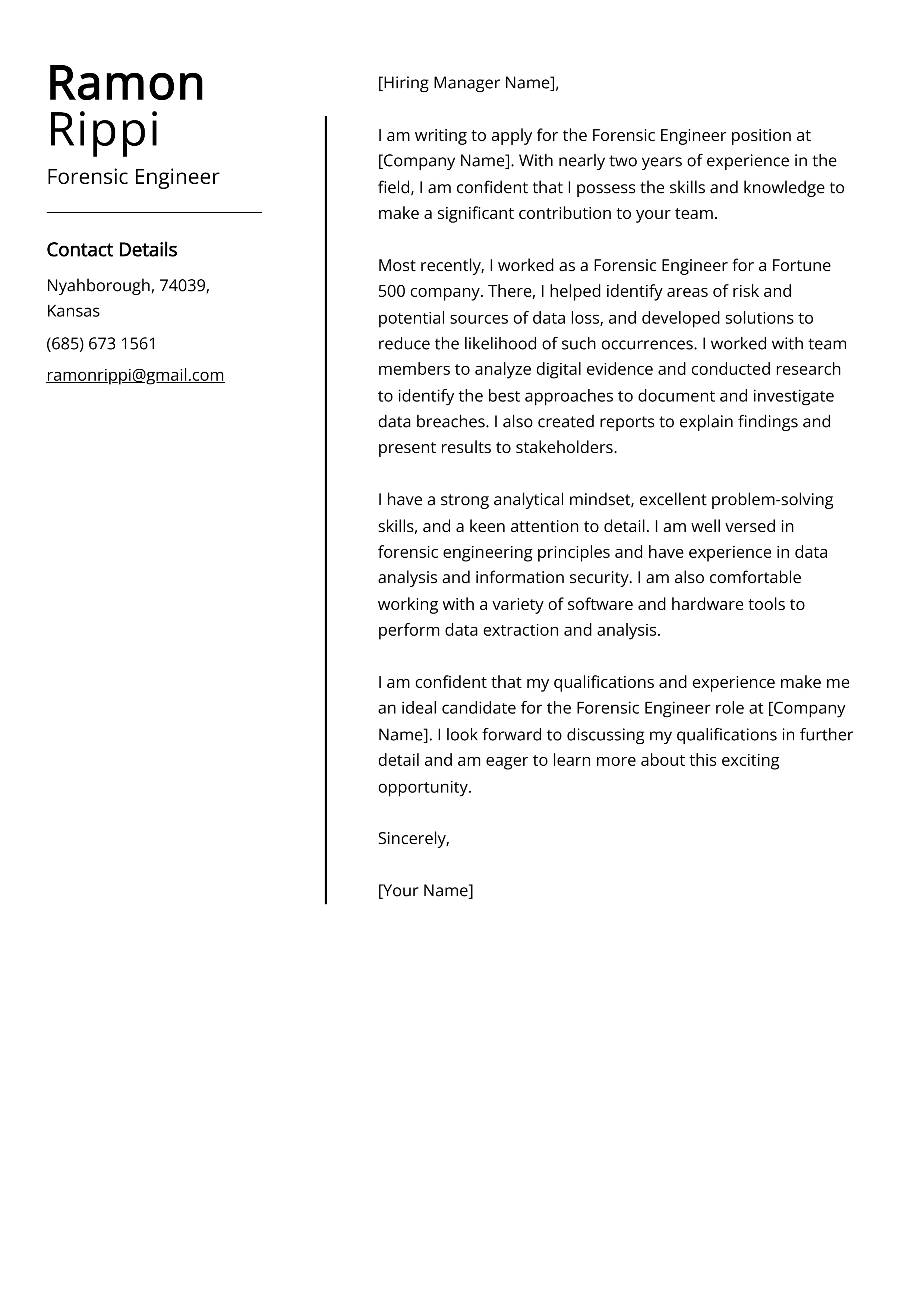
While it’s important to focus on your strengths, acknowledging your lack of experience can be strategic if done correctly. Directly address this gap by explaining how you intend to overcome it. This shows self-awareness and a proactive approach. Instead of apologizing for the lack of experience, frame it as an opportunity to learn and grow. Emphasize your eagerness to develop new skills and your commitment to continuous learning. Highlight any educational background or relevant coursework that has prepared you for the role. Showcase your willingness to take on new challenges and adapt to new environments. You can also mention any certifications or training programs you plan to pursue to increase your skill set. Show how the skills and qualifications you have make you a strong candidate, even without direct experience. Your willingness to learn and your ability to adapt are key assets.
Skills to Highlight
Focusing on the right skills is crucial when writing a cover letter for a Forensic Science Technician position. Highlight the skills that are most relevant to the role, even if you gained them in a different context. Here is a more detailed look at some skills and how you can showcase them in your cover letter. Demonstrating these skills can significantly improve your chances of securing an interview and advancing your career in forensic science.
Communication Skills
Forensic Science Technicians need to communicate effectively, both verbally and in writing. Describe how you’ve used these skills in the past, whether writing reports, presenting findings, or explaining complex information to others. Mention any public speaking experience. Emphasize your ability to communicate clearly, concisely, and accurately. Provide examples of effective communication, such as presenting information to non-technical audiences. Strong communication skills are vital for success in forensic science.
Attention to Detail
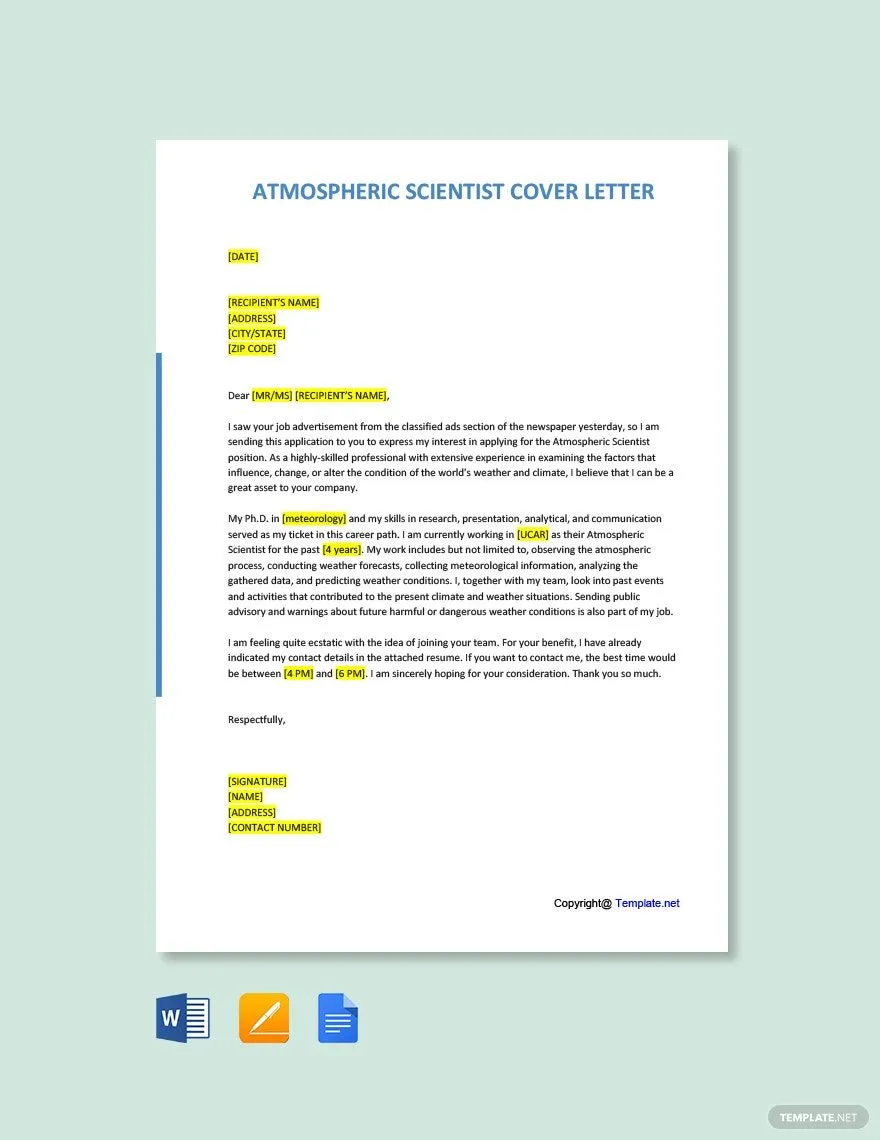
Forensic science requires meticulous attention to detail. Highlight how you’ve demonstrated this skill in previous roles or projects. Provide concrete examples, such as when you’ve followed detailed instructions. Explain the methods you use to ensure accuracy, such as double-checking your work or using checklists. Attention to detail is critical in forensic science. Showcase experiences like laboratory experiments. Detail the care you take to be precise, thorough, and accurate.
Problem-Solving Skills
Problem-solving is fundamental in forensic science. Describe how you approach problems and your ability to find solutions. Provide examples of situations where you’ve identified issues and resolved them efficiently. Mention your analytical abilities and ability to think critically. Highlight your experience with data analysis. Emphasize your ability to approach complex challenges systematically and creatively.
Adaptability and Learning
The field of forensic science is constantly evolving. Highlight your ability to adapt to new technologies and changing procedures. Mention your eagerness to learn new skills and your commitment to continuous professional development. Illustrate your ability to quickly grasp new concepts and apply them effectively. Include any experience in training or mentoring others, demonstrating your ability to help new team members.
Formatting and Presentation
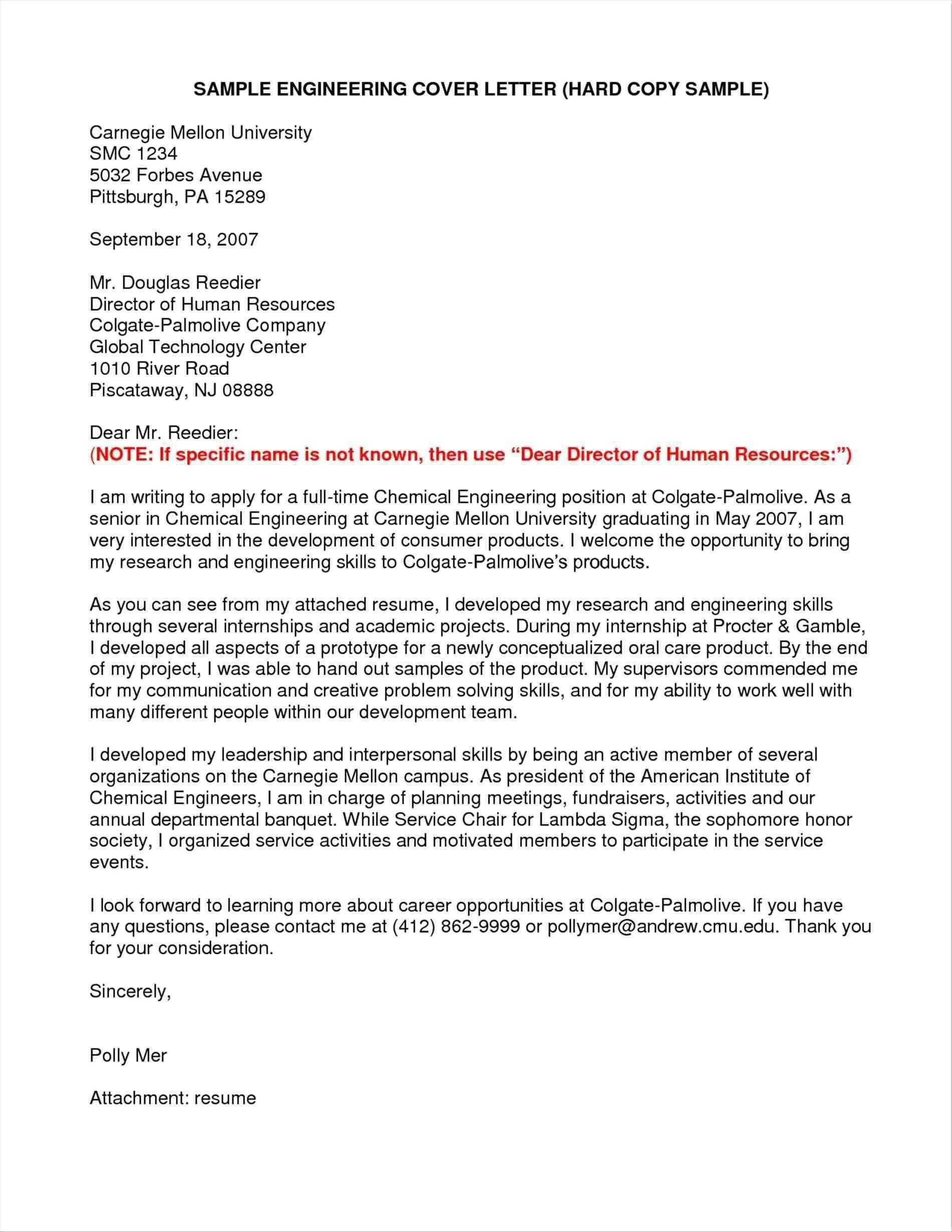
The appearance and structure of your cover letter are important for making a positive impression. Good formatting enhances readability and demonstrates professionalism. Using appropriate formatting, such as clear headings and consistent spacing, can make your cover letter more appealing to read. Keep the format simple, professional, and easy to follow. A well-formatted cover letter shows your attention to detail. Remember to choose a professional-looking font. Ensure consistent formatting throughout your letter to maintain a polished appearance.
Keep it Concise
Hiring managers often review numerous cover letters. It is critical to write a concise cover letter that highlights your most relevant qualifications. Keep your letter brief and to the point. Each paragraph should communicate one key idea. Focus on the most relevant skills and experiences. Avoid unnecessary jargon and repetition. Always remember that the goal is to present your qualifications effectively and make a strong impression in a short amount of time. Aim for one page to ensure your cover letter is easy to read and understand.
Proofread Carefully
Proofreading is an essential step to ensure your cover letter is free of errors. Proofread your letter multiple times to catch any typos, grammatical errors, or formatting issues. Use a spell checker and grammar checker to assist with this process. Ask a friend or family member to review your letter for a fresh perspective. Ensure that the tone and language are appropriate and professional. A well-proofread cover letter shows your attention to detail and commitment to excellence. Proofreading is critical to showcasing your professionalism.
Call to Action
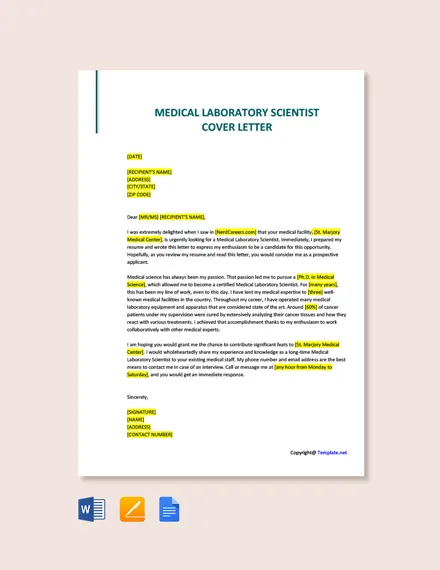
End your cover letter with a clear call to action. Express your enthusiasm for the position and state your availability for an interview. Thank the hiring manager for their time and consideration. Provide your contact information and make it easy for them to get in touch with you. Reiterate your interest in the role and highlight your eagerness to discuss your qualifications further. A strong call to action shows your proactive nature. It encourages the employer to contact you and continue the hiring process. A clear call to action is a great way to conclude your cover letter.
